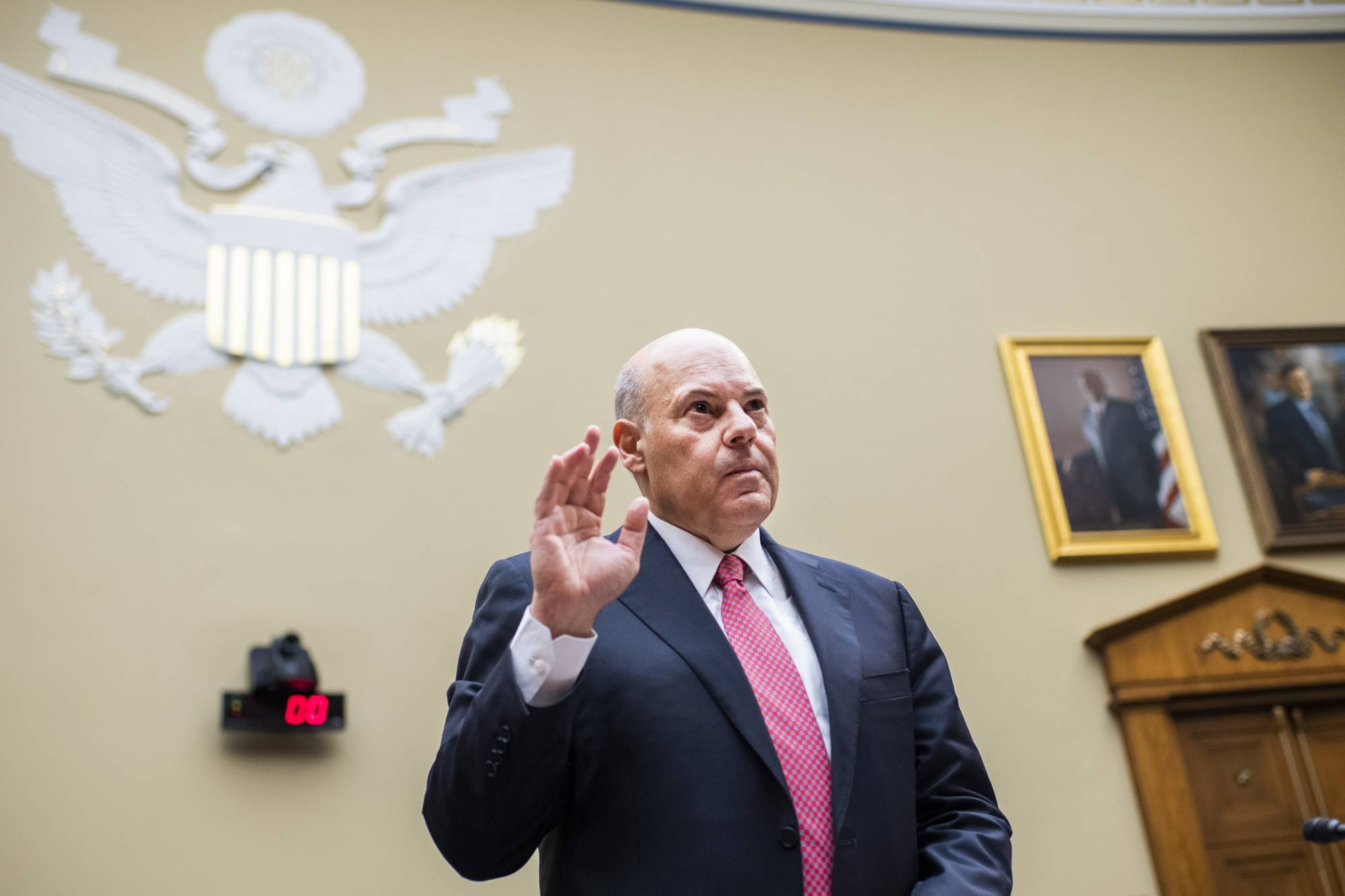Arkansas execution drugs intended for surgery, heart issues
Arkansas carried out its first execution in nearly 12 years using a protocol that includes three drugs, two of which are used in surgery and one that benefits c...
LITTLE ROCK, Ark. (AP) — Arkansas’ execution protocol includes three drugs, two of which are used in surgery and one that benefits cardiac patients. A look at the drugs:
___
MIDAZOLAM
Midazolam is the first of the three drugs administered to sedate the inmate. Because the state’s supply reaches its expiration date April 30, Arkansas scheduled eight executions before then.
At normal adult doses of around 4 mg for routine surgery, midazolam can slow or stop breathing to the point that medical literature advises doctors to monitor patients closely. With a 500 mg dose listed in the state’s execution protocol, Arkansas expects that the inmates will not be aware they are dying.
In federal court testimony earlier this month, doctors differed on whether midazolam is an appropriate execution drug, though the U.S. Supreme Court has ruled in 2015 that it is.
U.S. District Judge Kristine Baker had said earlier this month that Arkansas’ execution protocol doesn’t outline what would happen if the inmate were to remain conscious even if given a double dose. She also said the protocol doesn’t lay out what executioners intend to do to ensure that the inmates are unconscious. The 8th U.S. Circuit Court of Appeals reversed her decision, and the U.S. Supreme Court let the appeals court decision stand.
Justice Sonia Sotomayor wrote in a dissent that a lower court established that “midazolam creates a substantial risk of severe pain.”
In typical medical settings, midazolam relaxes people and produces amnesia.
Using redacted drug labels, The Associated Press identified West-Ward Pharmaceuticals Corp. as the likely manufacturer of Arkansas’ midazolam supply.
___
VECURONIUM BROMIDE
The second drug, vecuronium bromide, is a muscle relaxant, but not in the typical sense. Rather than being prescribed for tightness or muscle pain, vecuronium is used to prevent muscles from moving so they don’t interfere with surgeons. After receiving the drug, patients must be on a ventilator or they will suffocate because their diaphragm cannot move.
One doctor testified that being given vecuronium bromide without sedation and ventilation would be equivalent to being held underwater. The typical dose is up to .1 mg/kg intravenously, or 8.5 mg for the typical inmate set to die this month. Under Arkansas’ protocol, executioners administer 100 mg, or more than 11 times the typical dose, five minutes after the midazolam is administered and once the inmate is unconscious.
The AP last year used redacted drug labels to identify Hospira, which was purchased by Pfizer, as the likely manufacturer of Arkansas’ vecuronium bromide. The supplier McKesson Corp. has said it sold Arkansas the drug for use in inmate health care, not executions. A judge last week blocked Arkansas from using the McKesson-supplied drug, but the Arkansas Supreme Court put that order on hold.
___
POTASSIUM CHLORIDE
Potassium is essential for maintaining a proper heart rhythm, and levels that are too high or too low can cause heart trouble. Medical experts who testified before Baker said that the final drug, potassium chloride, causes considerable pain when injected and is typically diluted when given to patients.
A typical dose is 20 milliequivalents delivered over several hours. Arkansas uses 240 mEq immediately after the inmate is injected with vecuronium bromide.
The director of the Arkansas Department of Correction, Wendy Kelley, testified earlier this month that Arkansas was not charged for its current supply of potassium chloride. She said the supplier wished to remain anonymous and did not want to generate a bill of sale so there would be a smaller chance of being identified.
Fresenius Kabi USA, a subsidiary of the German company Fresenius Kabi, said that it appeared to have manufactured the potassium chloride the state is using.
___
Follow Kelly P. Kissel on Twitter at https://twitter.com/kisselAP and go to http://bigstory.ap.org/author/kelly-p-kissel to see his work.
Copyright © 2024 Federal News Network. All rights reserved. This website is not intended for users located within the European Economic Area.





